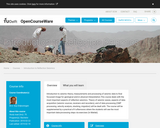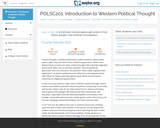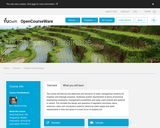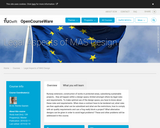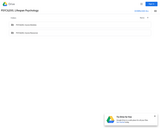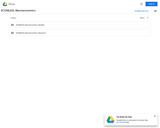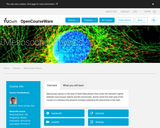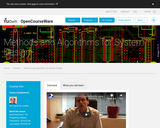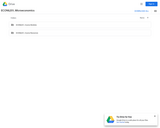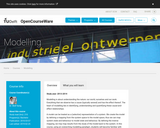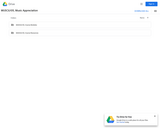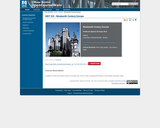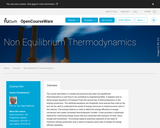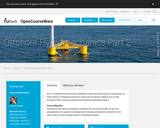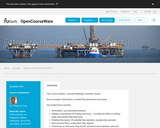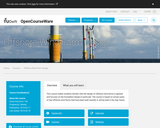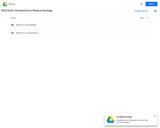
Geology is a core science, along with physics, chemistry, and biology. It uses rigorous methods of inquiry that illuminate the history of the earth and its present-day geological activity. Geology allows us to discover how earthŰŞs history and activity determine the state of the planet and its life forms. The study of geology also shows us how human behavior affects the earth. Topics we will cover include plate tectonics, earthquakes, volcanoes, rocks, minerals, geologic time, glaciers, rivers, geologic structures, layers of the earth, and reading maps. This course includes laboratory work and lab credit.Login: guest_oclPassword: ocl
- Subject:
- Geology
- Physical Science
- Material Type:
- Activity/Lab
- Full Course
- Homework/Assignment
- Lecture Notes
- Lesson Plan
- Reading
- Syllabus
- Provider:
- Washington State Board for Community & Technical Colleges
- Provider Set:
- Open Course Library
- Date Added:
- 10/31/2011
